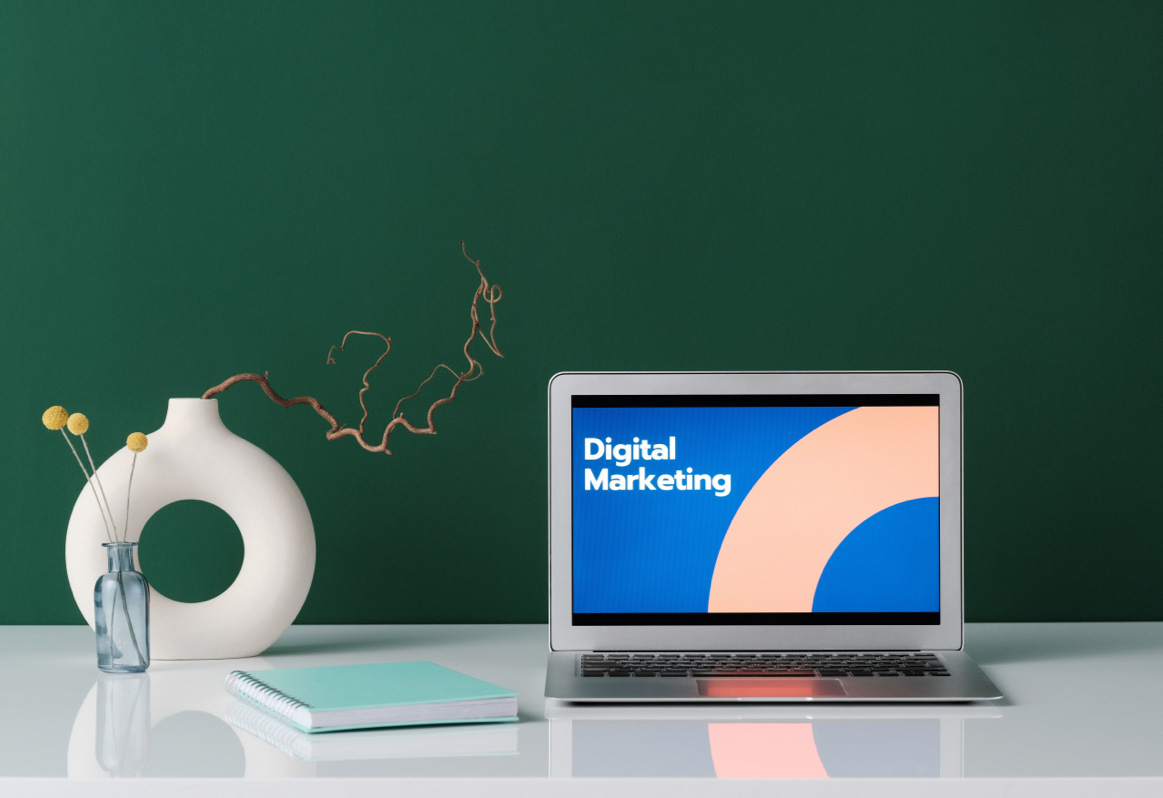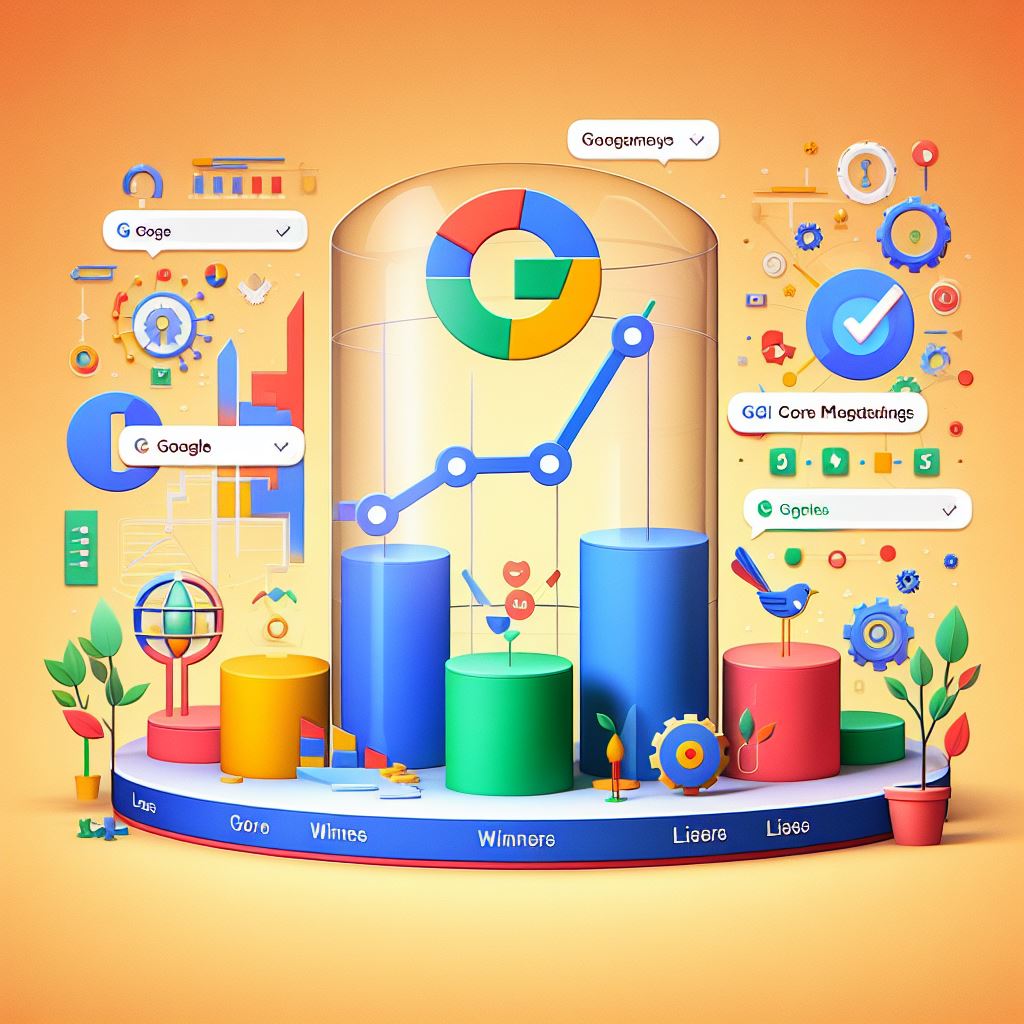In the vast world of digital marketing, SEO (Search Engine Optimization) reigns supreme when it comes to organic website visibility. But for beginners, it can seem like a complex and ever-changing beast. Fear not! This quick guide will unravel the mysteries of SEO and equip you with the basics to get started
So, what exactly is SEO?
Imagine a library with endless bookshelves. Librarians (search engines like Google) use a complex filing system (algorithms) to help people find the books they need (websites with relevant information). SEO is like optimizing your book (website) with the right labels and placing it in the most relevant section (search results) so librarians (search engines) can easily recommend it to people searching for similar topics (keywords)
How Does SEO Work?
Think of search engines like Google as the information highways of the internet. When people have a question or want to find something online, they turn to search engines. If your website ranks high for relevant searches, you have a much better chance of attracting potential customers who are genuinely interested in what you offer.
How Does SEO Work?
Search engines use complex algorithms to rank websites. These algorithms consider a variety of factors, including:
On-page SEO: This refers to the optimization of the content and technical aspects of your website itself. This includes things like:
- Keywords: Including relevant keywords throughout your website content, titles, and meta descriptions.
- Content Quality: Creating high-quality, informative, and engaging content that provides value to your audience.
- Website Structure: Ensuring your website is easy to navigate and user-friendly.
- Mobile-friendliness: Making sure your website looks good and functions properly on all devices, especially smartphones.
Off-page SEO: This refers to factors outside of your website that influence your ranking. The key aspect here is:
- Backlinks: Earning backlinks (links from other websites to your website) from high-quality, relevant websites. Backlinks act like votes of trust for your site in the eyes of search engines.
Why is SEO Important?
Ranking higher in search results means more organic traffic to your website. This translates to:
- Increased brand awareness
- More qualified leads and potential customers
- Improved website conversion rates
- Cost-effective marketing strategy (compared to paid advertising)
Getting Started with SEO:
- Identify your target audience and their search queries.
- Perform keyword research to find relevant keywords with good search volume.
- Optimize your website content with these keywords.
- Build high-quality backlinks to your website.
- Stay updated on the latest SEO trends and best practices.
Remember, SEO is a marathon, not a sprint. It takes time and consistent effort to see results. However, with a solid foundation and ongoing optimization, you can climb the search engine rankings and attract a steady stream of organic traffic to your website.
Local businesses: Don't underestimate the power of local SEO! Optimize your Google My Business listing & target relevant keywords to attract nearby customers. @DavidLee





